A tragic crowd crush at New Delhi Railway Station on Saturday night left 18 dead and 10 injured as thousands of people, many heading to the Kumbh Mela festival, attempted to board delayed trains. The incident highlights the ongoing risks of overcrowding at public transportation hubs in India.
A crowd crush at New Delhi Railway Station on Saturday night tragically resulted in 18 deaths and at least 10 injuries. The incident occurred when thousands of people, many of whom were traveling to and from the Kumbh Mela festival, crowded the station in an attempt to board delayed trains.
The chaos began as passengers, eager to board their trains, squeezed into New Delhi Railway Station, resulting in a crush of people in the crowded terminal. Officials reported that four children and ten women were among the victims, underscoring the tragic loss and the widespread impact on families. The victims were trapped in the overwhelming crowd as the station, already packed, became even more congested due to delays in multiple trains.
Eyewitnesses described the scene as chaotic, with desperate efforts to escape the mounting pressure. Despite efforts by emergency responders to assist those trapped, the sheer volume of people and the intensity of the crush led to the tragic loss of life.
Indian Prime Minister Narendra Modi took to social media, offering his condolences to those affected by the tragic event. "My thoughts are with all those who have lost their loved ones," Modi said in a post on X, the platform formerly known as Twitter. The Prime Minister also promised an investigation into the cause of the incident and urged local authorities to ensure that such a tragedy does not occur again.
Crowd crushes are unfortunately common in India, especially during religious festivals and public events where people gather in huge numbers. Many such incidents have been reported over the years, often resulting in significant loss of life. These tragedies highlight the broader issue of overcrowding at public transportation hubs and religious gatherings, where insufficient infrastructure and safety measures exacerbate the risk to human life.
In particular, the Kumbh Mela festival, which sees millions of pilgrims gather in northern India for a ritual bath in the holy river, has been associated with several fatal crowd incidents in recent years. Just weeks before the New Delhi Railway Station tragedy, a pre-dawn crush during the Kumbh Mela festival in Prayagraj led to the deaths of 30 people, adding to the mounting concern about crowd management and safety during large-scale gatherings.
This latest incident in New Delhi raises questions about the adequacy of crowd control measures at key transportation hubs in India. Despite growing concerns and past incidents, the country's railway stations, especially during religious festivals and peak travel times, continue to face major challenges in managing the influx of passengers.
Experts have long called for more comprehensive crowd control systems, better infrastructure, and more safety protocols to prevent such tragedies. Ensuring that people can travel safely, especially during peak times, should be a priority for authorities, who must work to implement better crowd management strategies.
The investigation into the cause of the New Delhi Railway Station crush is ongoing. Authorities will likely be looking into the delays in train schedules, the sheer number of people attempting to board, and the adequacy of safety measures in place at the station. As the nation grieves, the government faces increased pressure to take meaningful steps to improve safety at public transport stations and large events.
The loss of life in this tragedy is not just a statistic—it is a stark reminder of the need for more effective measures to safeguard human life during large gatherings. As India continues to modernize its infrastructure, ensuring that crowd management and safety are top priorities is essential to preventing further heartbreak.
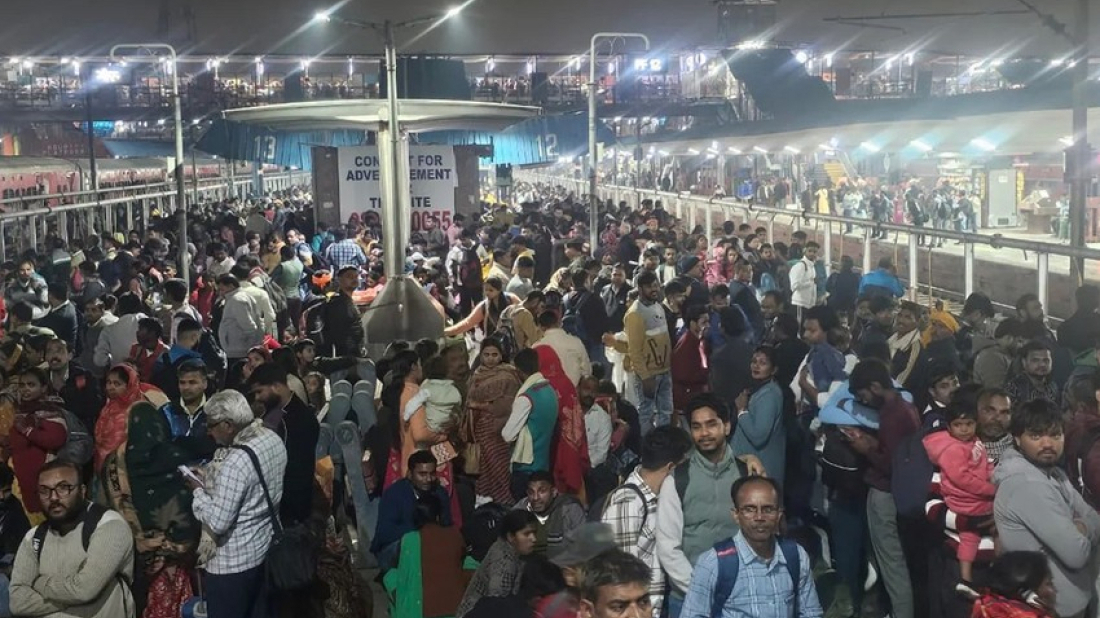
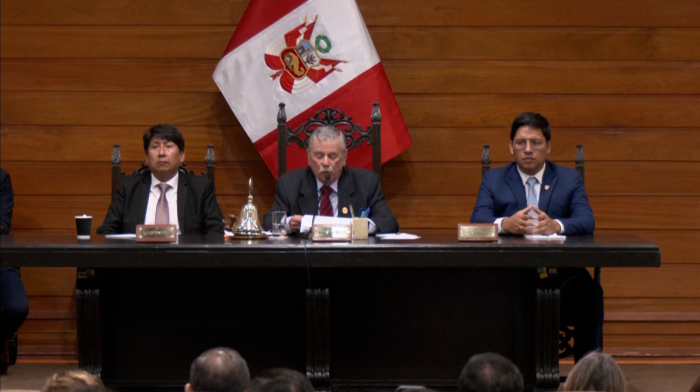

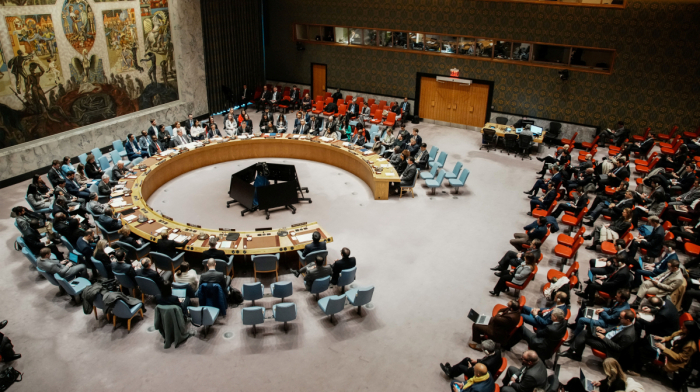




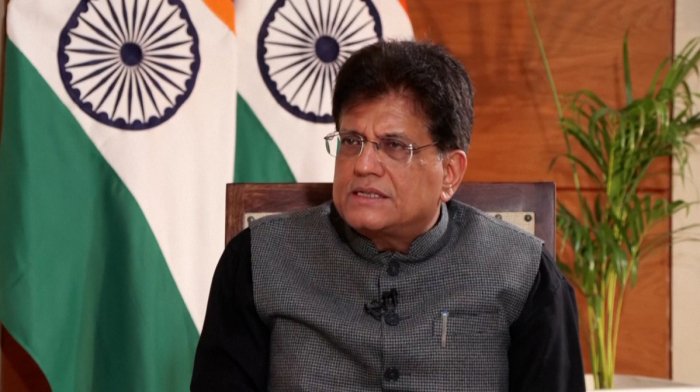
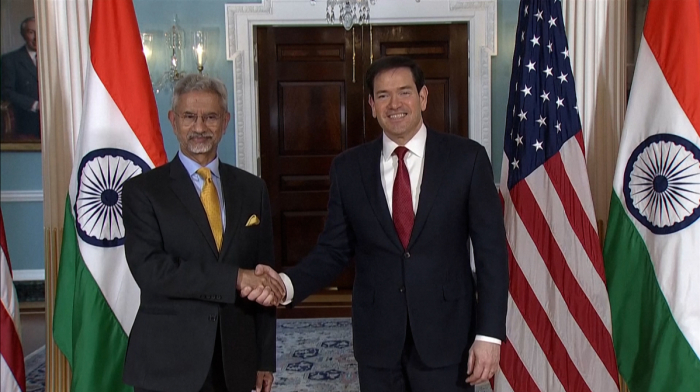
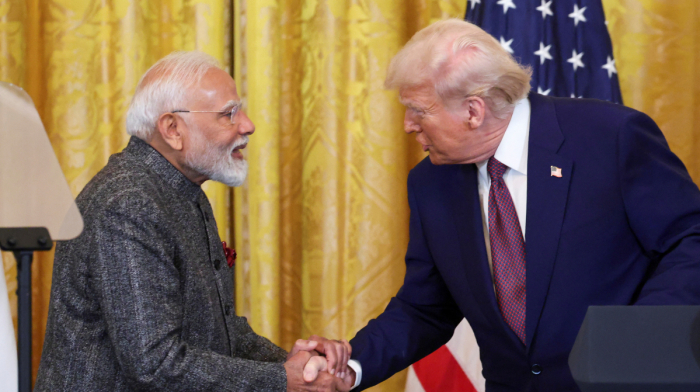
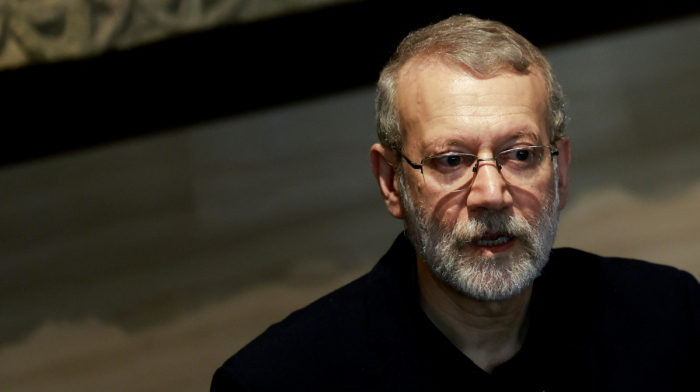
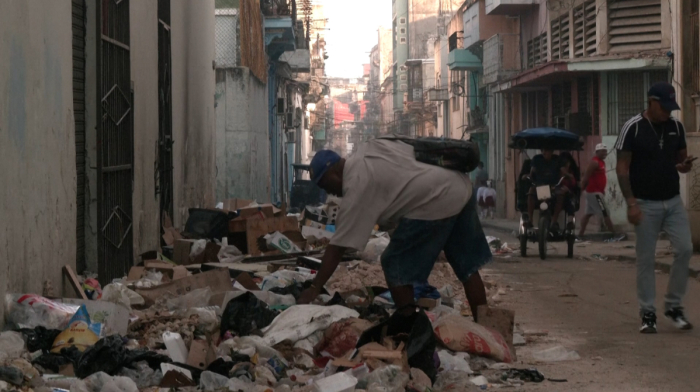

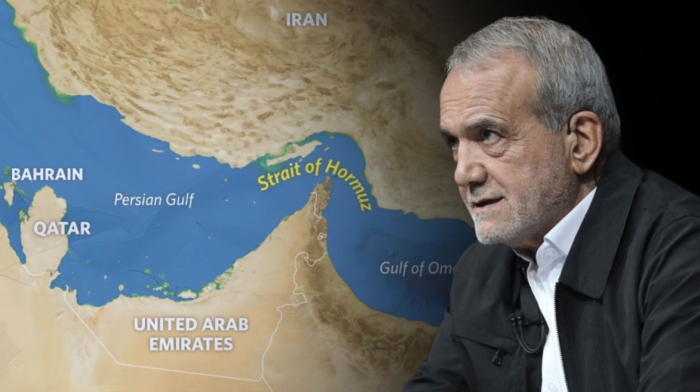

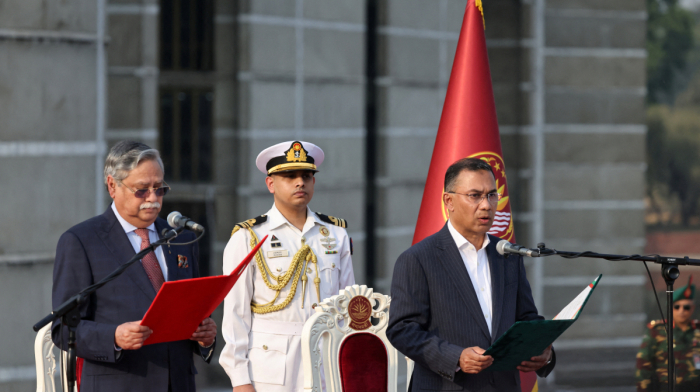



What is your opinion on this topic?
Leave the first comment